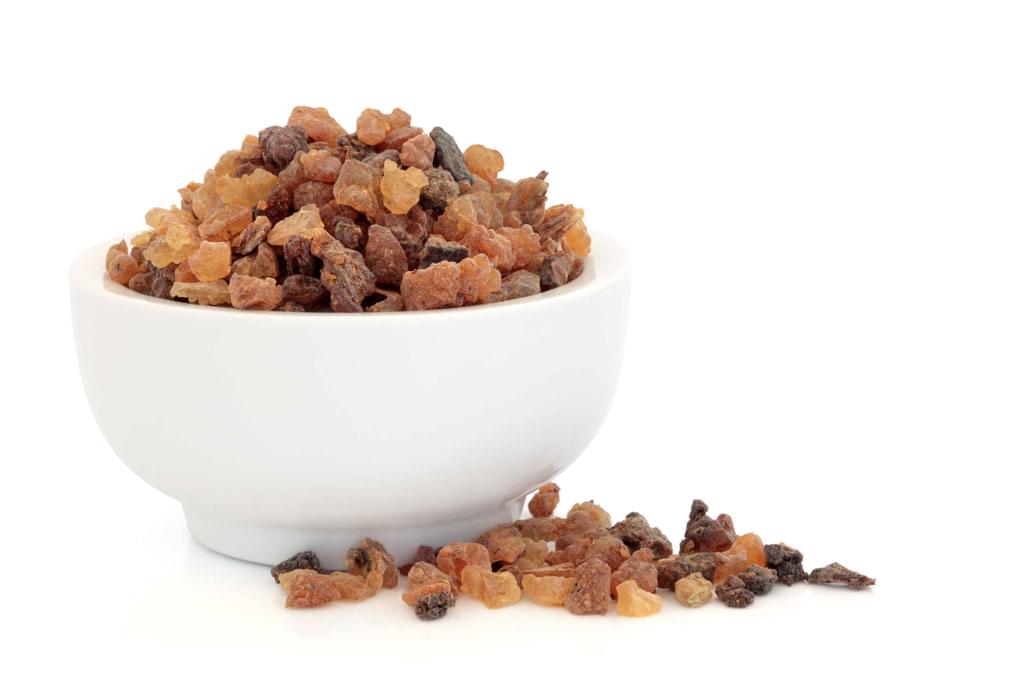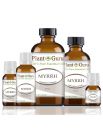Myrrh Essential Oils
In ancient Greece, these essential oils were used for healing. While in ancient Egypt, myrrh was used in perfumes and incense. Myrrh essential oils are used heavily today in both the worlds of medicine and aromatherapy. Myrrh essential oils are derived through steam distillation from gum resin and end up having a medium consistency with an aroma that has been described as balsamic, smoky, and warm. If blending this essential oil with others is something you might be interested in, myrrh blends well with the following: turmeric, sandalwood, spruce, pine, patchouli, juniper berry, frankincense, cypress, clary sage, bergamot, tea tree, rosewood, palmarosa, and lavender.
Overall Benefits of Myrrh Essential Oils
- Prevention of hair loss
- Act against food poisoning
- Helpful in muscle contraction
- Boost the immune system
- Help with circulation of the blood
- Prevention of infections
- Assist in wound healing
- Oral aid in strengthening gums
Uses for Myrrh Essential Oils
Aromatherapy is a huge market for myrrh essential oils. They treat a myriad of symptoms in this capacity including the following: promote spiritual feelings, and work as an antidepressant and sedative. When used in skin care they can: treat skin ailments such as itchiness, ringworm, and eczema; and can help fade spots and scars. As an emmenagogue, they may relieve menstruation symptoms like hormonal imbalances, mood swings, and helps normalize menstruation itself.
Precautions
These essential oils should not be used by pregnant women. They may have a stimulating effect on the uterus. In addition, myrrh essential oils should never be used in excess, despite their many benefits.


